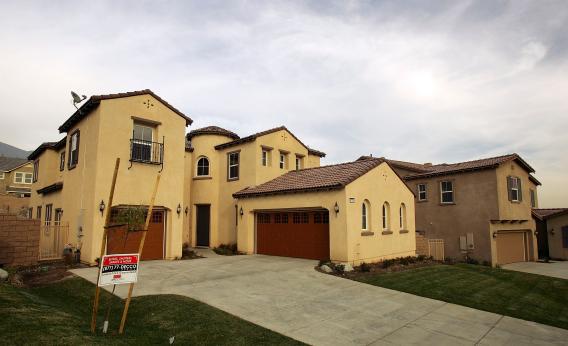Robert Shiller had a great column this weekend on the terrible problems with subsidizing homeownership as a housing policy, but at the end of the piece he sort of goes soft and says that for behavioral reasons long-term mortgages work pretty well as public policy designed to boost savings:
We should also remember that a goal of “Own Your Own Home Day” was to emphasize thrift. And it is still true today that most people don’t save enough. In a 2011 paper, James M. Poterba of M.I.T., Steven F. Venti of Dartmouth and David A. Wise of Harvard showed that retirement saving in most American households was inadequate and that most households nearing retirement in 2008 had most of their wealth in home equity.
Many people don’t save much unless a regular schedule of mortgage repayment, which builds home equity, enforces it. The 2011 paper argued that the home-equity portion of saving tends to be conserved until very late in life after retirement, thus providing insurance against the risk of living longer than expected.
That’s all well and good, except an owner-occupied house is a terrible vehicle for retirement savings. That’s because for most people the value of your home is going to be systematically correlated with your earnings potential. If you work in the Detroit area, then the decline of the American automobile industry has likely damaged your job prospects (even if you didn’t work directly in the auto industry) and also damaged the value of your home. You’re invested in the success of the local economy where you live whether or not you own a home, so putting all your retirement savings into the same basket is a bad idea.
Now, it’s still better than a world in which people just don’t save at all. But it’s pretty bad. We can do better than this.
